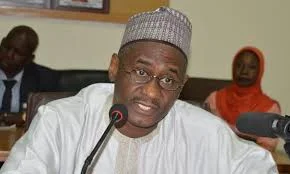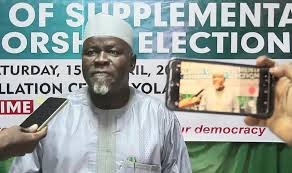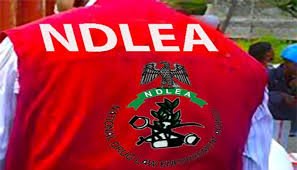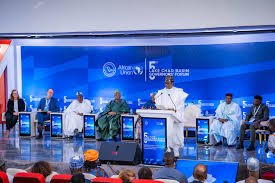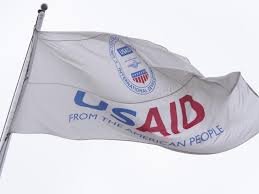Unable to cope with the worsening food crisis and economic hardship in the country, Nigerians have resorted to protesting on the streets to demand an improved standard of living.
On Monday, January 5, the protesters, mostly youths and women hit the streets of Minna, the Niger state capital where they blocked major roads and chanted slogans against the government.
Continuing the protest on Tuesday, the aggrieved citizens in Kano state displayed placards along the popular Airport Road and other highways.
“Our leaders have pushed us to the brink,” said Abba Maibski, one of the protesters.
“Life is unbearable. The cost of food keeps rising, and our borders remain closed. We demand they be opened,” he added.
Abdullah Abubakar, another protester, said; “The weakening of naira compounds our struggles. We implore the government to continue subsidizing petrol.”
The protesters said they would mobilise more people “to flood the streets” unless President Bola Tinubu urgently reopen Nigeria’s borders and reinstate petrol subsidies.”
According to the National Bureau of Statistics, the inflation rate in Nigeria rose to 28.9 %, in December 2023, the highest in four years. The food inflation rate was even higher at 33.93%, implying that the prices of basic food items such as rice, beans, yam, and tomatoes have sky-rocketed in recent months.
Meanwhile, the protests have attracted mixed reactions from the authorities. The Kano state governor Abba Yusuf urged the protesters to be law-abiding, assuring the protesters that his administration will work hard to create jobs for the youths.
However, his counterpart, the Niger state governor said “criminal elements” had hijacked the protests.
The federal government has also accused opposition parties in the country of instigating the protests to discredit the administration of President Tinubu.
The ruling All Progressives Congress (APC), said the opposition parties were “exploiting the genuine grievances of the people to create chaos and confusion in the country.”
Ekeanyanwu Nnabue, an agricultural expert who was featured on ARISE NEWS on Monday linked the food crisis to the lack of industrialization and value addition in the agricultural sector.
“This draws us back to the issue of joblessness, the fact that we have the people who are no longer working, and if you are not working, I keep saying poverty is not the lack of money, poverty is the lack of the opportunity to make money. Poverty has begun to get deeper, the jobs are running away.
“We are not increasing production, we are not producing what we consume. Natural resources depend on the value-added chain. It is only then that you actually get the benefit that the people get to derive,” Nnabue said.





